All Texas carriers, regardless if their drivers are Non-CDL or CDL are required to have Driver Qualification Files (DQF). A DQF is mandated by the FMCSA and serves as a record-keeping obligation that drivers must follow. The main objective for the DQF is to ensure that all drivers follow US DOT rules and keep a current record of any violations they must have. If you are getting your own trucking authority in Texas, then it is important for you to know what a DQF is and learn how to maintain one.
A Driver Qualification File (DQF) is a set of documents that an employer must maintain for each of their commercial motor vehicle drivers, as required by the USDOT and the FMCSA. The main objective of a DQF is to ensure that drivers are qualified to operate commercial vehicles safely and competently.
Why is a DQF required?
It is important to comply with the DQF regulations to guarantee safety and competence of commercial drivers. Carriers must consistently keep precise and current DQFs, recording driver qualifications, licenses, medical certificates, and safety records. By focusing on managing driver qualifications files, carriers can maintain safety standards, safeguard their operations, and support the overall transportation industry.
Maintaining compliance also gives your trucking company a competitive edge when it comes to securing loads, unlike less safe carriers. Brokers and shippers frequently assess company safety records before load bookings and if your company has an unfavorable record, they may be less inclined to engage in further business with you.
What happens if I do not maintain my DQF?
If you do not have a Driver Qualification File then you are violating FMCSA regulations. It is a legal requirement, failure to maintain a complete and accurate DQF can result in fines, penalties, or even shutting down your operations.
Several DOT-regulated companies have disorganized driver qualification files, potentially leading to multiple violations and substantial fines in the long run. Below are some of the top driver file violations so far from 2023:
Some consequences include:
- Fine and Penalties: Failure to maintain a DQF can lead to hefty fines.
- Operations Shutdown: In some extreme cases, regulatory authorities can deem your operations unsafe and order a shutdown of your business.
- Legal Liability: Not maintaining a DQF can expose your company to legal risks. If an accident occurs to one of your drivers, not having a DQF can be used against you in legal proceedings.
- Reputation Damage: Reputational damage can have long term consequences, making it difficult to attract quality drivers and secure contracts.
- Competitive Disadvantage: Your company will be in the middle of legal issues, fines and operational challenges, you won’t have any time focusing on growth and efficiency.
Who needs a DQF?
A Driver Qualification File (DQF) is required for all drivers employed by commercial motor vehicle companies, including those with a CDL license. In some specific cases, even drivers with a non-CDL license may need to maintain a DQF. This requirement also extends to self-employed owner-operators.
- CDL Drivers: All drivers who carry a CDL license, whether they drive heavy trucks, buses, or any other type of commercial vehicle, must have a DQF. This includes both full time and part time drivers.
- Non-CDL Drivers: There are some cases where drivers operating a non-CDL commercial vehicle may also need a DQF. The specific conditions under which non-CDL drivers require a DQF can vary by company policies. However, it is generally applicable if the non-CDL vehicle falls under a certain weight or passenger capacity, or if the driver is transporting hazardous materials.
- Owner-Operators: Self employed drivers who own and operate their commercial vehicles are still required to maintain a DQF to ensure their own compliance with safety regulations.
Maintaining a DQF involves collecting and organizing various documents and paperwork, which can be a difficult process, but it still plays a very important role in upholding safety standards for a company and driver.
Benefits of having a DQF:
Increase Safety: A maintained DQF can help overall road safety by ensuring the only qualified drivers are behind the wheel of a CMV.
Easy Hiring Process: Maintaining a DQF can make it easier for employers to assess the qualifications of potential new hires, saving both time and resources during the hiring process.
Regulatory Compliance: Maintaining an updated DQF helps companies stay in compliance with local, state and federal laws, which will help reduce risk of fines and penalties.
Risk Management: A DQF can be a helpful tool in assessing and managing risk linked with each driver, allowing for more information decision making in areas like training and insurance.
Easy Auditing: When internal and external audits occur, having a maintained DQF makes the process more efficient.
Employee Development: This DQF can be used for ongoing training and development, it can help identify areas where a driver may need extra training or skill improvement.
Customer Assurance: Knowing that a company or driver maintains DQF can be a benefit, it reassures the customer about professionalism and reliability.
Legal Preparation: In the event of a lawsuit or any legal actions, a well maintained DQF can provide important evidence to support the company’s case.
Cost Saving: By ensuring that only qualified drivers are employed, companies can potentially reduce the costs associated with accidents, insurance claims and legal issues.
Reputation Management: Companies that stick to strict qualification guidelines and maintain DQFS are likely to have a better reputation in this industry, which can be a competitive advantage.
Driver Qualification Checklist:
This is a checklist of a few things needed in your Driver Qualification File:
- Employment Applications: Detailed records of driver employment history and qualifications.
- Motor Vehicle Report (MVR): A record of a driver’s driving history, including any violations or accidents.
- Road Test Certificate: Proof that a driver has passed a road test or any other evaluation equivalent.
- Commercial Driver License: Valid CDL or non-CDL license.
- Medical Card or Medical Examiners Certificate: Documentation of the drivers physical fitness and ability to meet medical requirements.
- Certificate of Violations: Keeping a record of any traffic violations or other offenses that the driver has committed.
- Previous Employment Verification: Documenting the drivers work history with previous employers.
Adding to these necessary items for your DQF, it is also recommended to maintain the following records, as it can be requested during an audit:
- A current and up to date accident file: Records of any accidents involving the driver.
- 6 months of all driver logs: Driver logs, documenting hours of service compliance.
- Documentation for Drug and Alcohol testing: This includes the company’s policy and testing protocols, the results for the pre employment testing, up to date summary of all the random tests in the past year.
- MCS-90 form along with your present liability insurance: This provides proof of financial responsibility.
How to stay organized and stay on top of your trucking compliance?
Between changing FMCSA regulations, deadlines, and the large volume of paperwork, staying organized is easier said than done. That is where our service, My Trucking Manager, comes in — your solution for simplifying and efficient DQF and compliance management.
This platform is designed to reduce the stress and disorganization that often goes with DQF tracking. Rather than sifting through stacks of papers, missing crucial deadlines and facing expensive FMCSA fines. My Trucking Manager automates the entire process. It sends you timely alerts for document renewals and expirations. This will help you take control of your DQF management and will help you experience that peace of mind that comes with knowing you are fully compliant and organized. Sign up for My Trucking Manager today and transform the way you handle trucking compliance. We are your strategic partner in achieving long term success in the trucking industry.
Starting a trucking company in Texas is not just about operating your trucks, it’s about keeping up with your paperwork also. We here at Texas Truck Permits help make that process easy! Call us today at 832-787-2111 or submit a contact form.
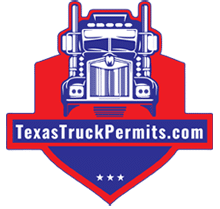
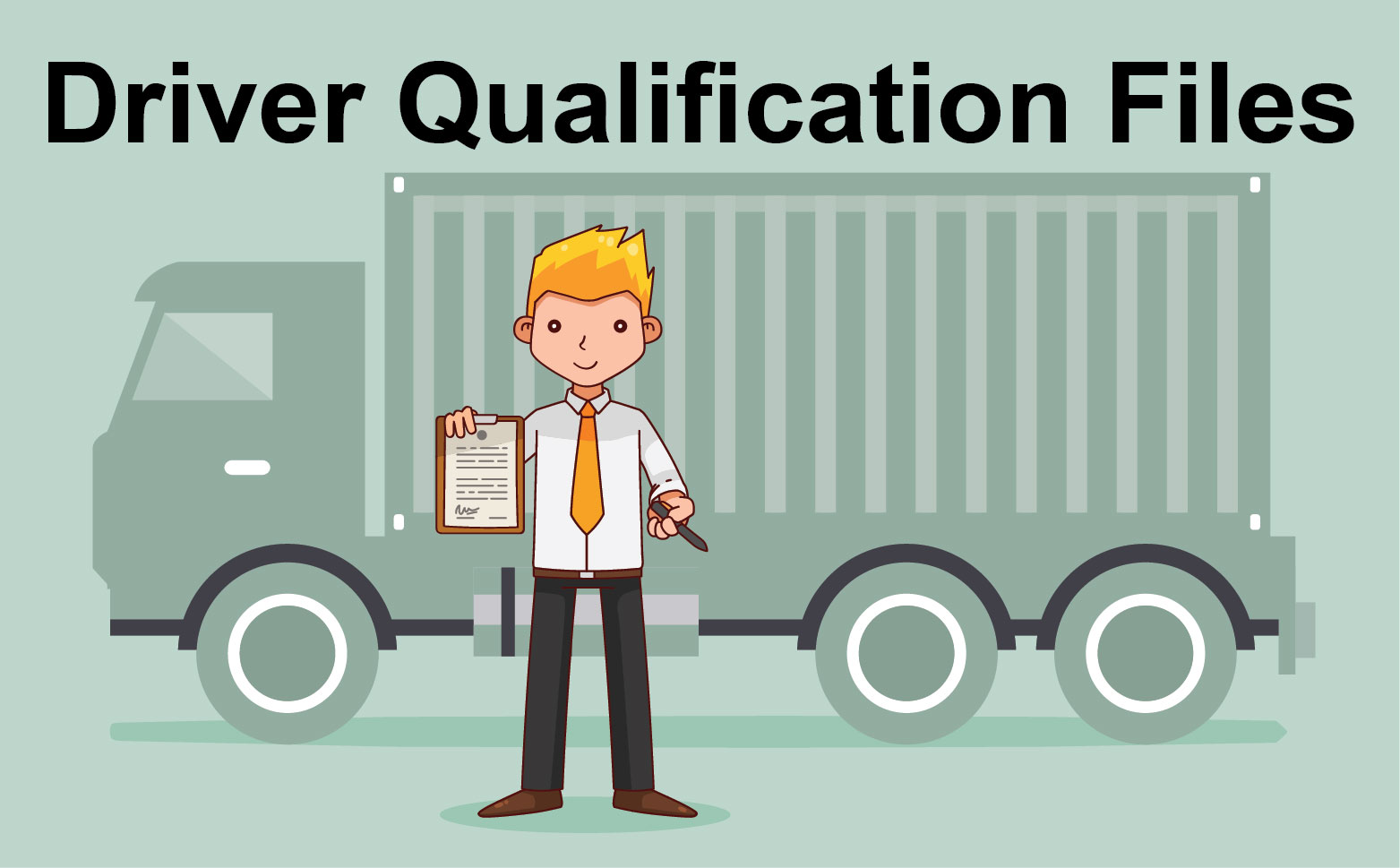
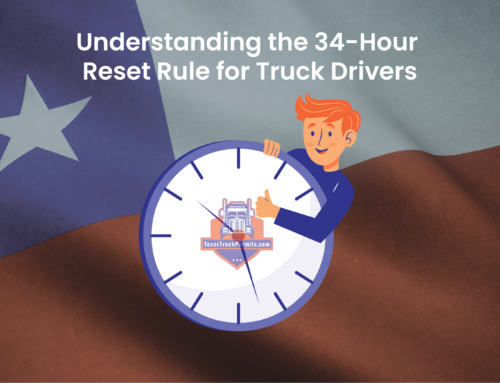


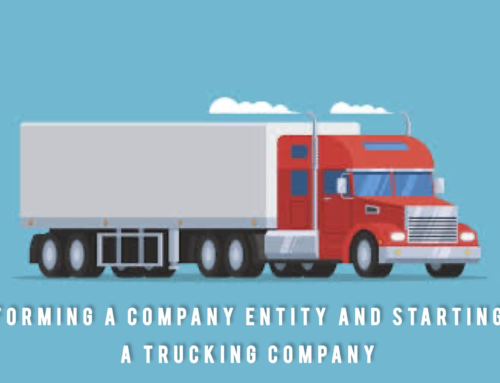
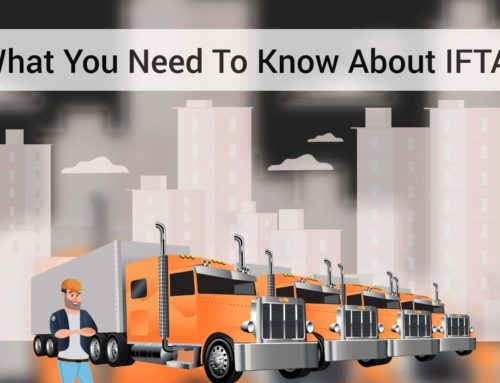
Leave A Comment